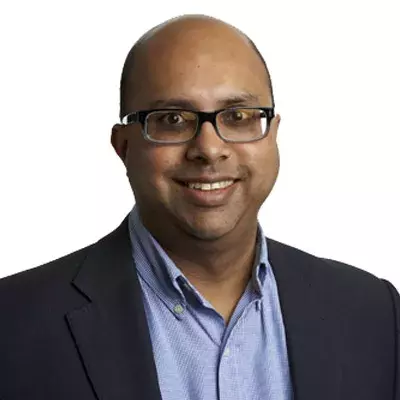Master trusts have grown rapidly over the last few years to become one of the most popular type of defined contribution (DC) pension arrangements.
Employers and trustees are realising the advantages they can offer over running their own scheme and there are many compelling reasons to make the switch. After salary, pension is probably the most important benefit, both from a cost and emotional perspective, and moving to a master trust is therefore not just transactional for many altruistic organisations.
Why then should moving to a master trust mean accepting a one size fits all approach? This should not be the case and there has to be recognition of the ‘emotional capital’ that employers have already invested into their existing schemes, building on the work that their tru stees have tirelessly done to protect the interests of members.
In particular, moving to a master trust need not be associated with a diminishing of an employer’s interest and commitment to helping employees build financial security. Instead, it should be a catalyst for employers to increase the assistance and support that they provide to their employees, by freeing up the employer from spending much of its time and money on operational matters and giving that 'budget' over to working directly with employees, helping them understand and get the most from their savings.
Selecting the right master trust is vital – it should not be faceless and simply transactional, characterised by standardised commoditised products that are adequate but provide no real satisfaction for either employers or employees.
Moving to a master trust should not and does not mean having a standard, homogenised solution, it’s about working in partnership to create financial futures. Atlas’ latest whitepaper ‘ The Consolidation Game’ looks at this in detail, including what can be learnt from other industries where consolidation has become the norm.

Anish Rav
Head of Clients, Proposition and Strategy
Anish is part of the Atlas Executive team. He is a Fellow of the Pensions Management Institute and has over 22 years’ experience of providing pension and employee benefit consultancy advice. Anish has advised many large trustee and corporate clients on the issues faced by both defined contribution and defined benefit pension schemes and has been in involved in developing Master Trusts since 2012.







